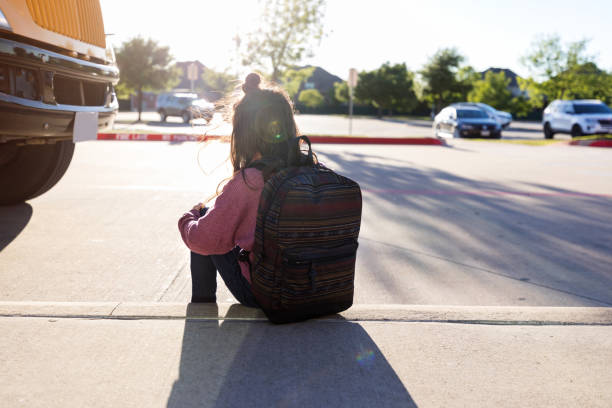The events that unfold during our childhood can cast a long shadow, shaping the course of our adult lives. The physical and emotional impacts of adverse childhood experiences are profound, often extending far beyond those formative years. The Centers for Disease Control and Prevention have published several studies that have shown adults who have faced any type of trauma during childhood are at a higher risk for developing psychological disorders, including substance abuse.
While it’s important to note that not all childhood abuse or trauma leads to addiction, and addiction is not always rooted in childhood trauma, understanding this connection is essential in providing support and healing in the long term.

What Are the 8 Adverse Childhood Experiences?
Adverse childhood experiences (ACEs) encompass a range of stressful or traumatic events that can occur during childhood. The 8 ACEs include:
- Physical Abuse: The experience of physical harm or injury inflicted by a caregiver or family member.
- Emotional Abuse: The enduring emotional maltreatment, such as constant criticism, humiliation, or rejection.
- Sexual Abuse: Inappropriate or non-consensual sexual experiences or contact during childhood.
- Neglect: A lack of adequate care and attention from caregivers, which can manifest as physical or emotional neglect.
- Household Dysfunction: Exposure to household challenges like substance abuse, mental illness, or domestic violence.
- Parental Separation or Divorce: The disruption of the family unit due to separation or divorce.
- Incarceration of a Household Member: A family member’s incarceration, can lead to emotional and financial instability.
- Death of a Parent or Caregiver: The loss of a parent or primary caregiver, resulting in grief and upheaval.
Is There a Link Between Addiction Trauma and Adverse Childhood Experiences?
Yes, there is a significant connection between childhood trauma and addiction. Individuals who experience ACEs are at a higher risk of developing substance use disorders later in life.
The trauma endured during childhood can lead to emotional pain and coping mechanisms, and some turn to substances as a way to self-medicate and numb their emotional distress. This link underscores the importance of addressing childhood trauma as a critical factor in addiction treatment and recovery.
What Can Be Done to Help Individuals Facing Addiction and Coping with Childhood Trauma(s)?
- Trauma-Informed Care: Providing addiction treatment that acknowledges and addresses the impact of childhood trauma on an individual’s life.
- Therapy and Counseling: Offering therapy, counseling, or support groups to help individuals process their trauma and develop healthier coping mechanisms.
- Supportive Networks: Building strong support systems, including friends, family, and support groups, to provide encouragement and understanding during the recovery journey.
- Holistic Approaches: Exploring holistic therapies such as mindfulness, meditation, and yoga, which can be effective in managing both addiction and trauma.
- Emphasizing the Complexity: It’s crucial to emphasize that while a connection exists between childhood trauma and addiction, it’s not a one-size-fits-all scenario. Childhood trauma does not always lead to addiction, and addiction is not always caused by childhood trauma. Many factors contribute to addiction, and each person’s journey is unique.
Interventions and Addiction Help
If you or a loved one is struggling with addiction or seeking support for childhood trauma, Drew Horowitz & Associates is here to help. Our team specializes in providing compassionate, trauma-informed care to guide individuals on the path to recovery. Contact us today for a consultation and take the first step towards healing and a brighter future.


